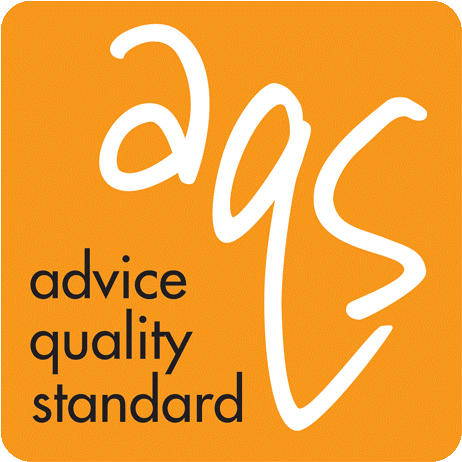Is your cold home putting your health at risk?
Local organisations are spreading the message of the dangers of not keeping warm at home for Fuel Poverty Awareness Day.
With this Winter set to be a tough one for many due to increased energy prices, the end of government support schemes and more financial pressures, local organisations have come together to highlight the importance of looking out for signs of a cold home because of the lasting affects it can have on your health.
Tracy Dighton, Citizens Advice 1066 Chief Officer is concerned that the long-lasting effects of a cold home aren’t always known until it’s too late.
“Being cold can cause your blood pressure to rise and make your blood thicker, putting you at greater risk of thrombosis, stroke, chest infections and even heart attacks. That’s on top of the negative impact on mental health and dementia, an increased risk of trips and falls and isolation”.
“If you, or someone you know, has to wear their coat indoors, has a mouldy or draughty home or a heating system that hasn’t been used for a long time, please get support before the weather becomes even colder. Your home should generally be between 18 and 21 degrees.”
Living in a cold home can harm your health. You can find out about keeping warm and well and tips for savings on bills for yourself, family members and neighbours at this website: https://warmeastsussex.org.uk/
On the website you can also find an online form and eligibility criteria to access East Sussex County Council’s Warm Home Check Service. Alternatively, you can text WARM to 80011 or call 0800 464 7307.
The Warm Home Check Service is a free service for East Sussex residents which offers telephone advice for anyone struggling to keep warm at home, with money0saving advice and tips on how to stay warm for less. It also provides eligible households with a holistic home energy efficiency assessment. This can include:
- advice on how best to keep your home warm and reduce energy costs
- advice on financial support available to help with heating costs
- small home improvement measures such as pipe insulation, draught-proofing or boiler service. Subject to funding being available, the service can also coordinate source funding for the installation of larger heating and insulation improvements through schemes such as the government’s Energy Company Obligation (ECO). An emergency temporary heating scheme is also offered to eligible households if your heating breaks down or is insufficient.
Fuel poverty is now measured using the Low-Income Low Energy Efficiency (LILEE) meaning that being fuel poor is influenced by household income, household energy requirements and fuel prices and with fuel prices increasing, more people could experience fuel poverty.
The latest statistics show that 3.18 million households experienced fuel poverty in 2019. The number of people dying unnecessarily due to cold has risen significantly in recent years and Citizens Advice is concerned that figure will shoot up further this winter.
Notes for editor:
- Definitions and statistics taken from https://www.gov.uk/government/collections/fuel-poverty-statistics and https://assets.publishing.service.gov.uk/government/uploads/system/uploads/attachment_data/file/966509/Annual_Fuel_Poverty_Statistics_LILEE_Report_2021__2019_data_.pdf
- Health data taken from PHE (November 2020), ONS - Excess winter mortality in England and Wales: 2019 to 2020 (provisional) and 2018 to 2019 (final) and Department of Health 2009 annual report of the Chief Medical Officer
- Energy team phoneline open Monday-Friday 10am-4pm

